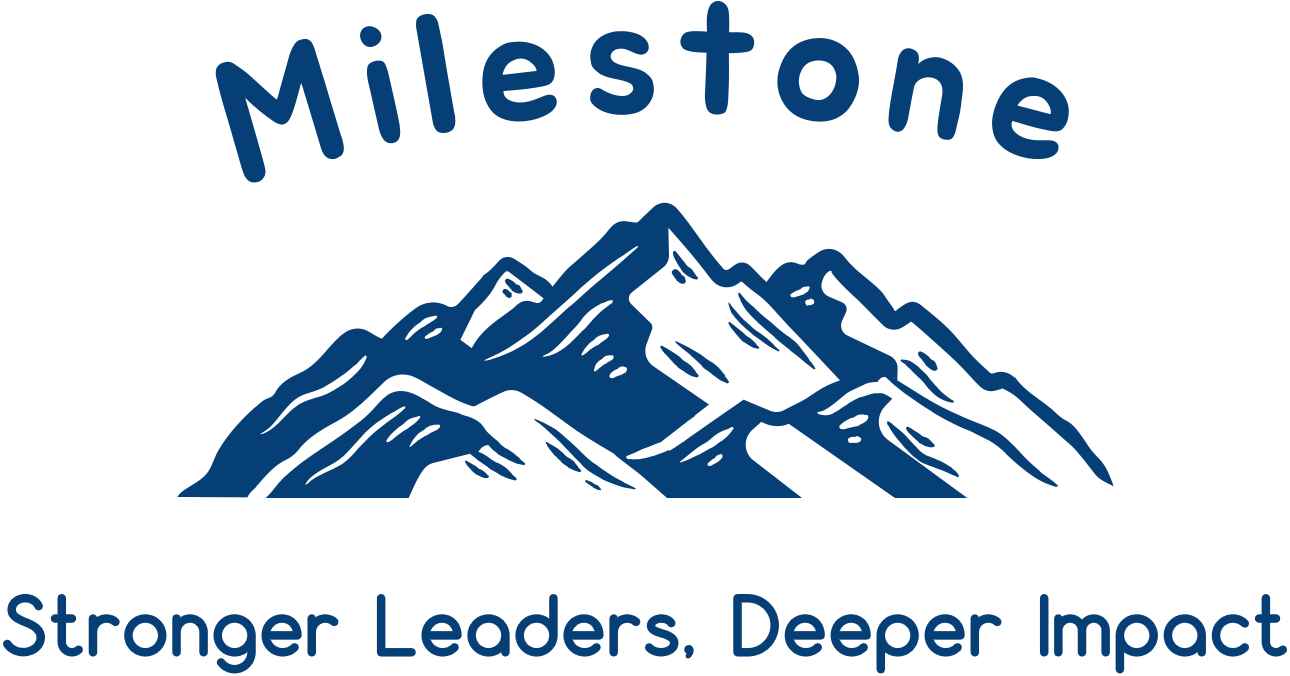Defining Success
There are a lot of loud voices telling us what success “should” look like. And often those voices define success as sacrificing your 20s, working around the clock, giving up balance, and maybe you’ll earn the title of “successful.”
This morning, I read this comment from Palantir’s CEO, who argued that Gen Z must choose between having a social life at 20 or being successful. To him, the two can’t coexist.
I don’t buy that definition.
Success built only on wealth, status, or power is tenuous. It suggests the need to trade-off the things that actually sustain us: health, alignment, family, and friendships. If your bank account is full but your body is breaking down, you’ve lost touch with the people you love, or you’ve compromised your values along the way, can you really call that success?
Not everyone is going to make a big salary or be worth millions, and I think that’s OK; it doesn’t mean that you aren’t “successful”. Success should mean being healthy enough to run with your kids. It should mean finding purpose in work that matters, even if it’s not front-page news. It should mean building a circle of friends who challenge and support you. And it should mean earning respect because you retained your values.
I don’t share this as an outside observer, I’ve lived it. For years I earned a “big” salary, yet I didn’t always feel successful. The moments I did were when my work aligned with my values, I was surrounded by a team I enjoyed, I had time for family and friends, and I could invest in my health. At other times, I had all the outward markers of success, but inwardly, it felt elusive.
The leaders I respect most are the ones who have learned to keep their lives multidimensional. They prioritize wellness—not just physical, but mental and emotional too. They stay aligned with their purpose. They nurture deep relationships alongside their professional ambitions. Their success is durable because its multi-dimensional, not just measured by how many hours they are working or how much money they are making.
When we broaden how we think about success, it looks less like titles and numbers and more like living with balance. Achievement and impact matter but so does joining your kids in an endurance event, learning something new, or taking the time to recharge and invest in relationships that energize us.
The leaders who leave a lasting mark are the ones who expand the definition of success to include wellness, relationships, and purpose alongside achievement.
